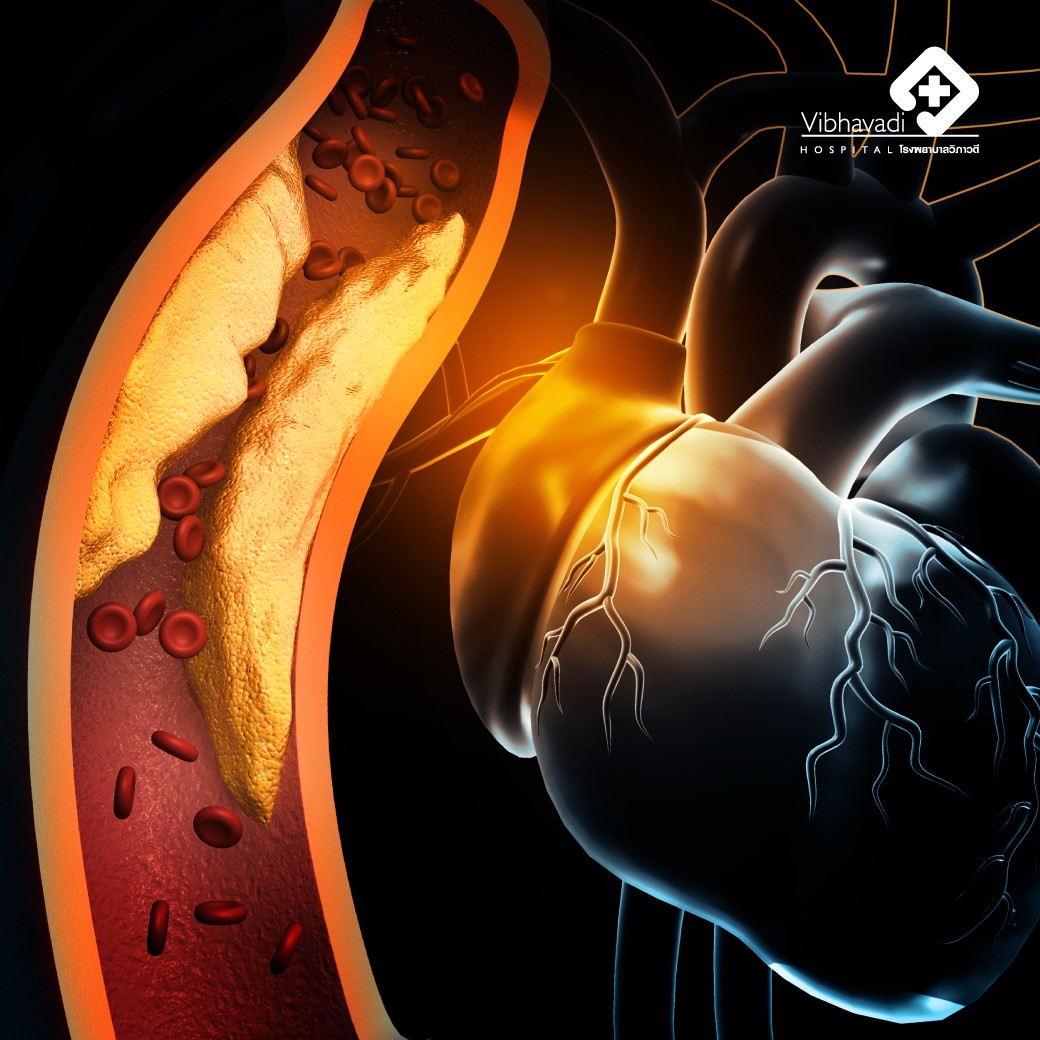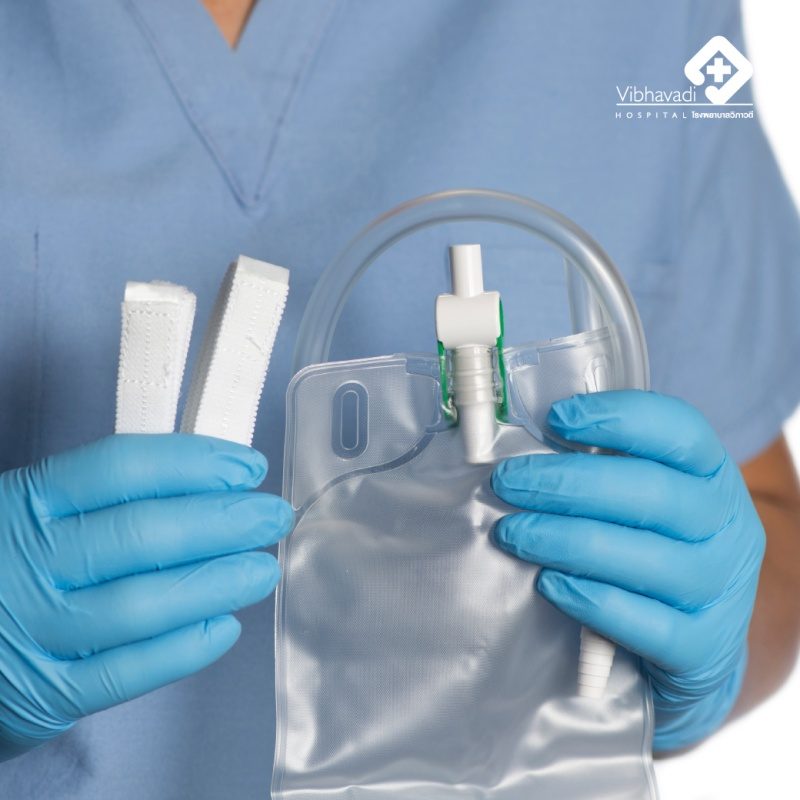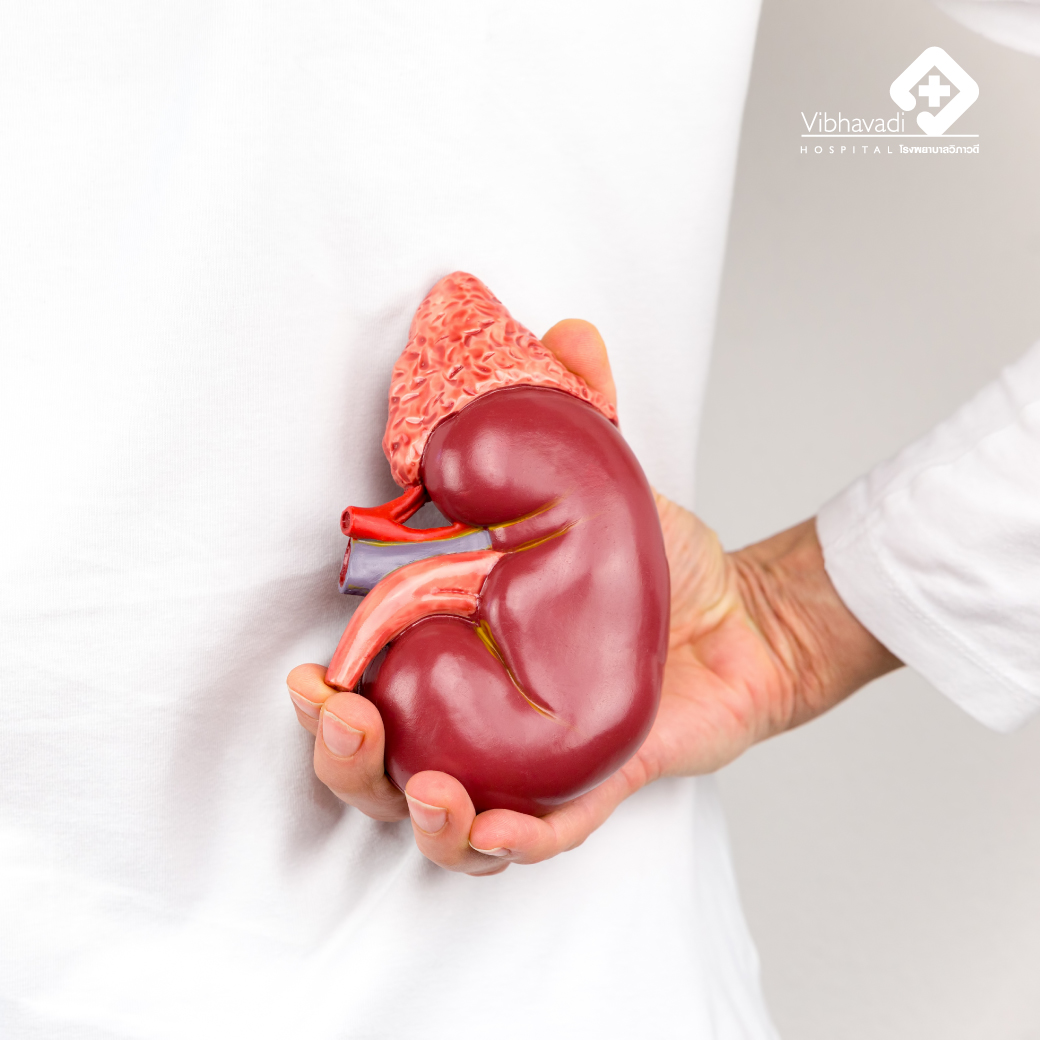7 Types of Pain that Should Not Be Ignored
Pain can manifest in various forms. For instance, lifting something heavy may cause physical pain. Sitting for prolonged periods in front of a computer screen can lead to discomfort in the back or neck. Feeling cold or hungry can also be accompanied by a sense of discomfort or pain, while being overly full after a meal can cause discomfort in the stomach.
7 Types of Pain that Should Not Be Ignored
Pain can manifest in various forms. For instance, lifting something heavy may cause physical pain. Sitting for prolonged periods in front of a computer screen can lead to discomfort in the back or neck. Feeling cold or hungry can also be accompanied by a sense of discomfort or pain, while being overly full after a meal can cause discomfort in the stomach.
There are certain types of pain that require immediate medical attention, as they may be indicative of serious underlying conditions. These include:
1. Headaches
If you experience a severe headache or the worst pain ever, it's important to see a doctor. While sinus issues can cause extremely painful headaches, more serious causes such as bleeding in the brain or a brain tumor could be the culprit. Detailed physical examination or the use of tools like CT scans may be necessary to diagnose the issue.
2. Chest pain
Discomfort or pain may be felt in the chest, neck, jaw, shoulder, arm, or abdomen. While chest pain can be a sign of heart disease, it's important to note that heart-related conditions often manifest as tightness, discomfort, or a heavy feeling, rather than sharp pain. People with heart disease may describe the sensation as an elephant sitting on their chest.
Discomfort or tightness is usually experienced in the upper part of the chest, neck, jaw, left shoulder, or arm. Other symptoms, such as profuse sweating, fainting, and pale skin, may also occur and require urgent medical attention. Abdominal pain may also be present, accompanied by nausea, but it's often a symptom of inadequate blood supply to the heart muscle rather than gastrointestinal distress.
In women, symptoms of heart disease can be harder to identify, as they may mistake them for gastrointestinal issues like bloating, fullness, or upset stomach. Fatigue is a common symptom among women with heart disease, particularly in postmenopausal women who are at a higher risk. Therefore, women should be vigilant and not assume that their symptoms are due to food poisoning or other less serious conditions.
3. Back pain
While back pain is often associated with arthritis or muscle inflammation, it could be indicative of heart disease or abdominal issues. Aortic dissection, a sudden or gradual increase in pain, is particularly dangerous for those with high blood pressure, diabetes, or who smoke.
4. Abdominal pain
Abdominal pain can be caused by a variety of conditions, including appendicitis, cholecystitis, pancreatitis, stomach perforation, or intestinal obstruction. Each condition has its own unique characteristics that can help differentiate them.
- Appendicitis: Abdominal pain on the right side, below the navel, accompanied by fever, loss of appetite, and inability to eat.
- Pancreatitis: Pain under the ribs that radiates to the back, often very intense. It may be caused by excessive alcohol consumption or gallstones. However, in some cases, there is no history of alcohol consumption, and the pain may be located in the upper abdomen. Gastritis pain is usually milder, located in the upper abdomen, and patients are able to walk.
- Stomach perforation: Severe epigastric pain, often accompanied by lower back pain, and difficulty walking.
- Intestinal obstruction: Intermittent squeezing pain, resembling a child running in the stomach. It requires immediate medical attention when there is severe stomach pain.
5. Leg pain:
Calf pain can be a dangerous symptom as it may be caused by a condition known as deep vein thrombosis (DVT). This condition affects up to 2 million Americans each year and occurs when a blood clot forms in the deep veins of the legs. We might have heard stories of people developing clots on long Economy Class flights. DVT can interfere with daily life and can be very dangerous as a small clot can break off and travel to other parts of the body. If the clot reaches an important organ such as the lungs, it can cause a life-threatening condition called pulmonary embolism. The risk of developing DVT is higher in cancer patients, pregnant women, obese individuals, people who have to sit or lie down for long periods of time without moving, and those who have recently had surgery.
Calf pain can also be a symptom of clogged arteries. In this case, the pain is severe and accompanied by coldness in the legs, paleness, and sometimes numbness. It is important to seek immediate medical attention if experiencing these symptoms to prevent muscle death.
6. Foot Pain
Burning sensation in the feet or legs is a common symptom experienced by many people with diabetes, who often go undiagnosed as they may not realize they are sick. This sensation can be a sign of nerve damage, which is a complication of diabetes. As the condition progresses, patients may experience numbness in their feet, which can make it difficult to detect injuries such as cuts or blisters. In severe cases, wounds can become infected and develop a foul odor before the patient becomes aware of them. It is important for individuals with diabetes to monitor their feet regularly and seek medical attention if they experience any unusual symptoms.
7. Strange Pain
Unexplained or Vague Pains (Medically Unexplained or Combined Pains) come in different forms. It may be an unusual headache, abdominal pain, or arm pain that cannot be easily explained. These types of pain can be chronic and not severe, making it difficult for specialists to understand the symptoms. Patients who are stressed or anxious may have trouble describing their discomfort.
If you're experiencing unexplained pains, it's important to pay attention to how it affects your daily life. Does it prevent you from doing your usual activities or interacting with others? If so, it's crucial to seek medical attention to rule out any underlying conditions or damage.
Remember, don't suffer alone in silence.
Physician
Dr Thanet Puapornpong, M.D.
Department of Surgery















